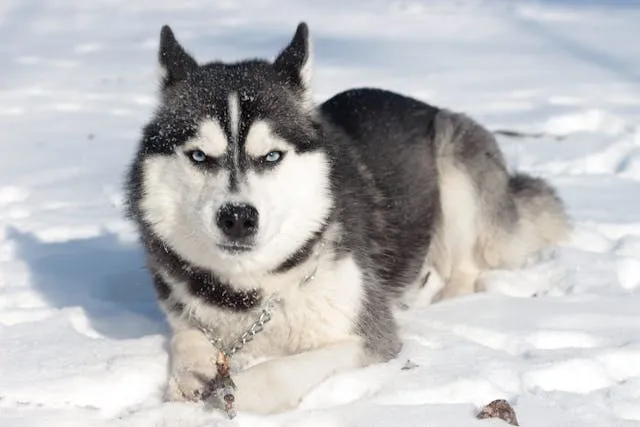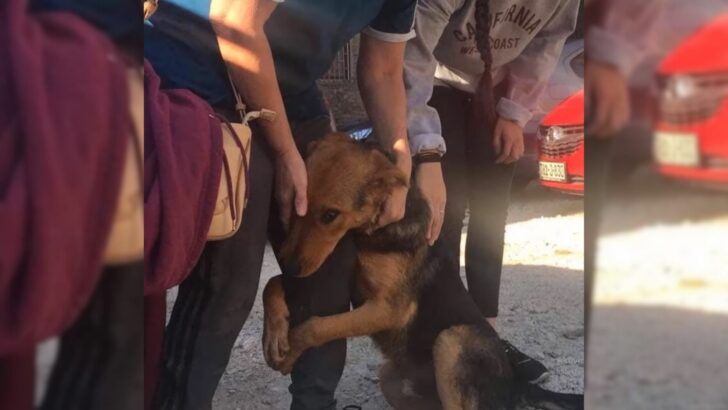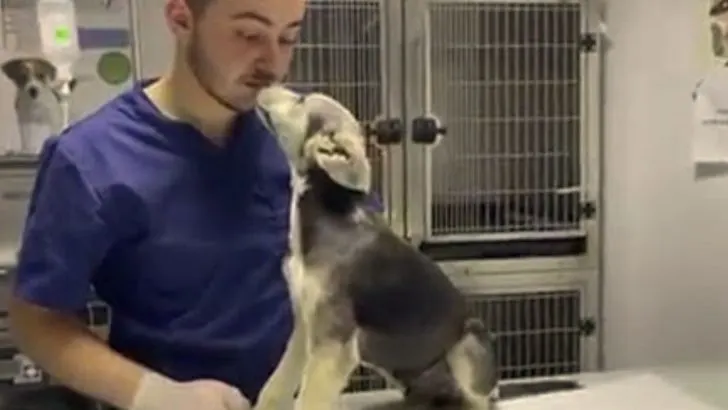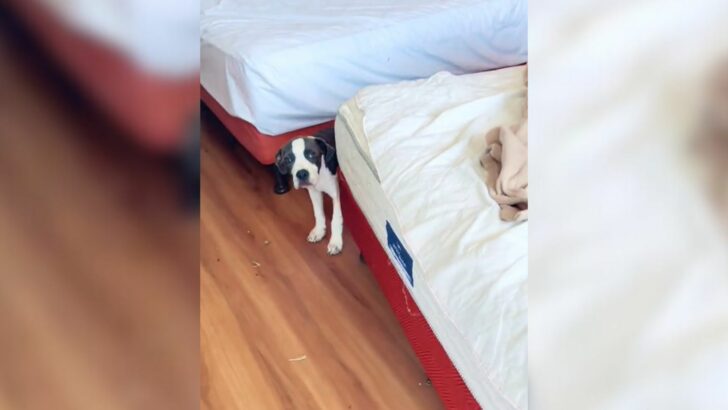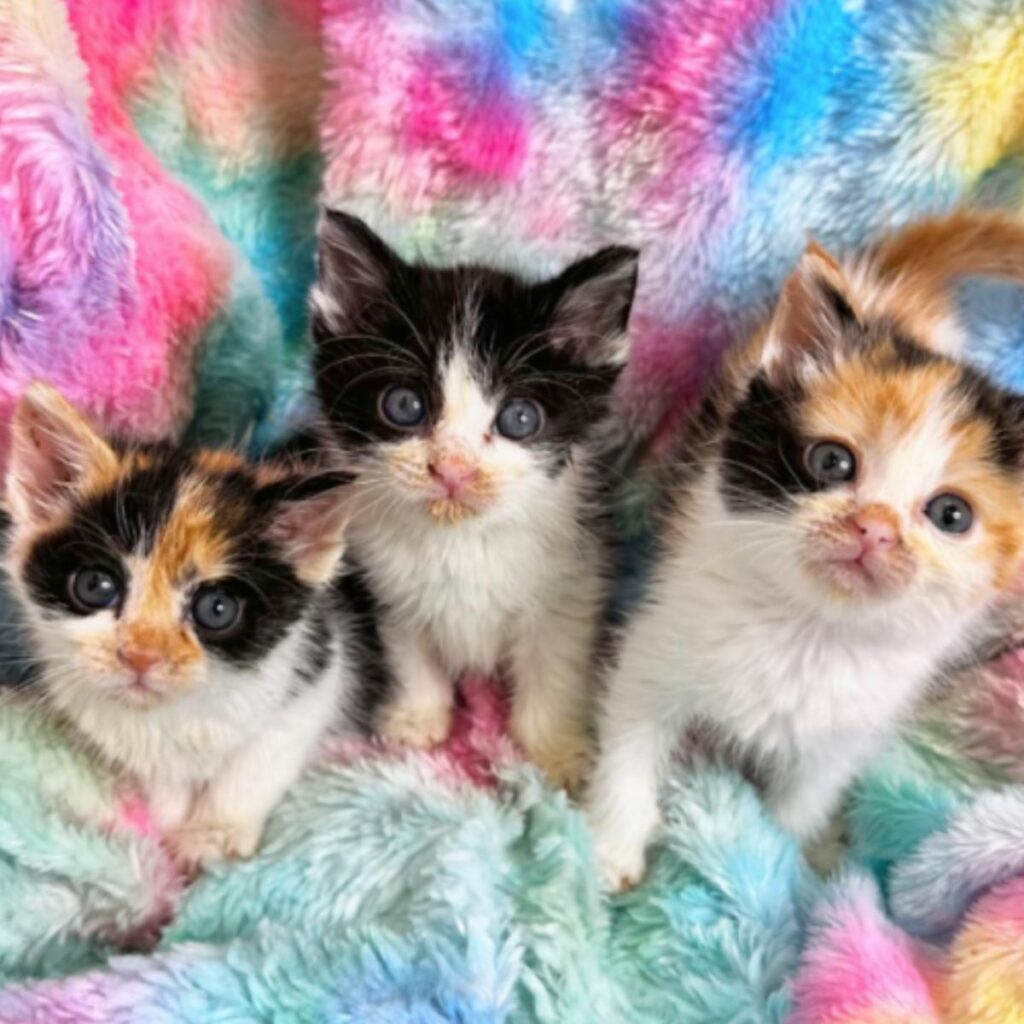Huskies are beloved for their lively and energetic nature. However, there are times when their exuberance can become overwhelming, leading to hyperactive behavior. It’s essential for husky owners to understand the root causes of hyperactivity in order to address the issue effectively and help their furry friends attain a sense of calmness and happiness.
In this article, we will explore five main reasons why huskies may become hyperactive and provide insights into managing their energy and behavior. By gaining a deeper understanding of these factors, you will be better equipped to provide a fulfilling and balanced lifestyle for your hyperactive husky.
So, let’s dive into the causes behind the hyperactivity in huskies and discover actionable approaches to help you and your furry companion thrive!
Abundant energy
Huskies are known for their high energy level and their inherent passion for vigorous exercise. These energetic dogs were originally bred for long-distance sledding, which has endowed them with exceptional endurance. To keep their energetic nature in check, huskies require regular and intense physical activity that provides both mental and physical stimulation. Failing to meet their exercise needs can result in hyperactivity as they try to burn off their excess energy. Therefore, it is crucial to provide them with adequate outlets for exercise and play to maintain a balanced state.
Lack of control
Huskies need proper training and socialization to learn obedience and self-control. Without consistent training and guidelines, they may struggle to contain their natural exuberance, leading to hyperactivity.
Huskies are intelligent dogs, but they can be independent and stubborn, making it important to establish boundaries and enforce rules from a young age. Lack of control over their behavior can contribute to hyperactivity, so investing time and effort in training and obedience is crucial.
Instinctual prey drive
One of the key factors contributing to hyperactivity in huskies is their instinctual prey drive. This natural hunting behavior is deeply rooted in their genetics and can cause them to become excessively excitable when they encounter potential prey, such as squirrels, birds, or small animals.
Huskies have a strong predatory instinct, which can make it challenging for them to control their excitement and energy levels when their prey drive is triggered. This heightened arousal can manifest as hyperactive behavior as they become overstimulated by the presence of potential prey.
To manage prey drive in huskies and prevent hyperactivity, it is important for husky owners to be aware of this instinct and provide appropriate outlets for mental and physical stimulation. Structured playtime and interactive toys can help channel their energy in a constructive way, redirecting their focus away from potential prey and towards engaging activities.
Additionally, incorporating training exercises that focus on impulse control and obedience can help huskies learn to manage their instinctual prey drive. Teaching them commands such as “leave it” and “stay” can help them develop self-control and reduce hyperactive behavior when exposed to triggering stimuli.
By understanding and actively managing prey drive in huskies, owners can help their energetic pets find a healthy balance between their natural instincts and a calm, well-behaved demeanor.
Lack of mental stimulation
Huskies are highly intelligent dogs that require mental stimulation to keep their minds engaged and prevent boredom. Without sufficient mental exercise, they may become restless and resort to hyperactive behavior as a means of releasing their pent-up energy.
To prevent this, it is important to provide huskies with activities that engage their minds and challenge their problem-solving skills. One effective way to provide mental stimulation is through puzzle toys. These toys require the dog to figure out how to obtain a treat or solve a puzzle, keeping their minds active and focused.
Another way to engage a husky’s mind is through obedience training. Teaching them new commands and tricks not only reinforces their training but also provides mental challenges that keep them stimulated. It is important to make training sessions fun and rewarding to maintain their interest and motivation.
Interactive games are also an excellent way to provide mental stimulation for huskies. Games like hide-and-seek or treasure hunts can tap into their natural instincts and keep them mentally engaged. Incorporating scent-based games can also be beneficial, as huskies have a keen sense of smell and enjoy using it to solve puzzles.
Incorporating these mental stimulation activities into a husky’s daily routine is essential for preventing boredom and maintaining a calm and balanced state. By engaging their minds, owners can help prevent hyperactivity and ensure their huskies lead fulfilling lives.
Working breed
Huskies are highly regarded as a working breed, known for their strong work ethic and innate desire to perform tasks. It’s crucial to recognize and fulfill their working instincts in a domestic environment to prevent restlessness and hyperactivity.
To ensure huskies remain mentally and physically stimulated, it’s essential to provide them with opportunities to engage in activities that tap into their natural abilities. This can be achieved through various work-like tasks that channel their energy and satisfy their need for purpose.
Engaging huskies in activities such as agility training, obedience competitions, or even pulling a sled not only harnesses their energy but also provides them with a sense of fulfillment. By giving huskies a job or purpose, owners can alleviate hyperactivity and help them lead balanced and contented lives.
